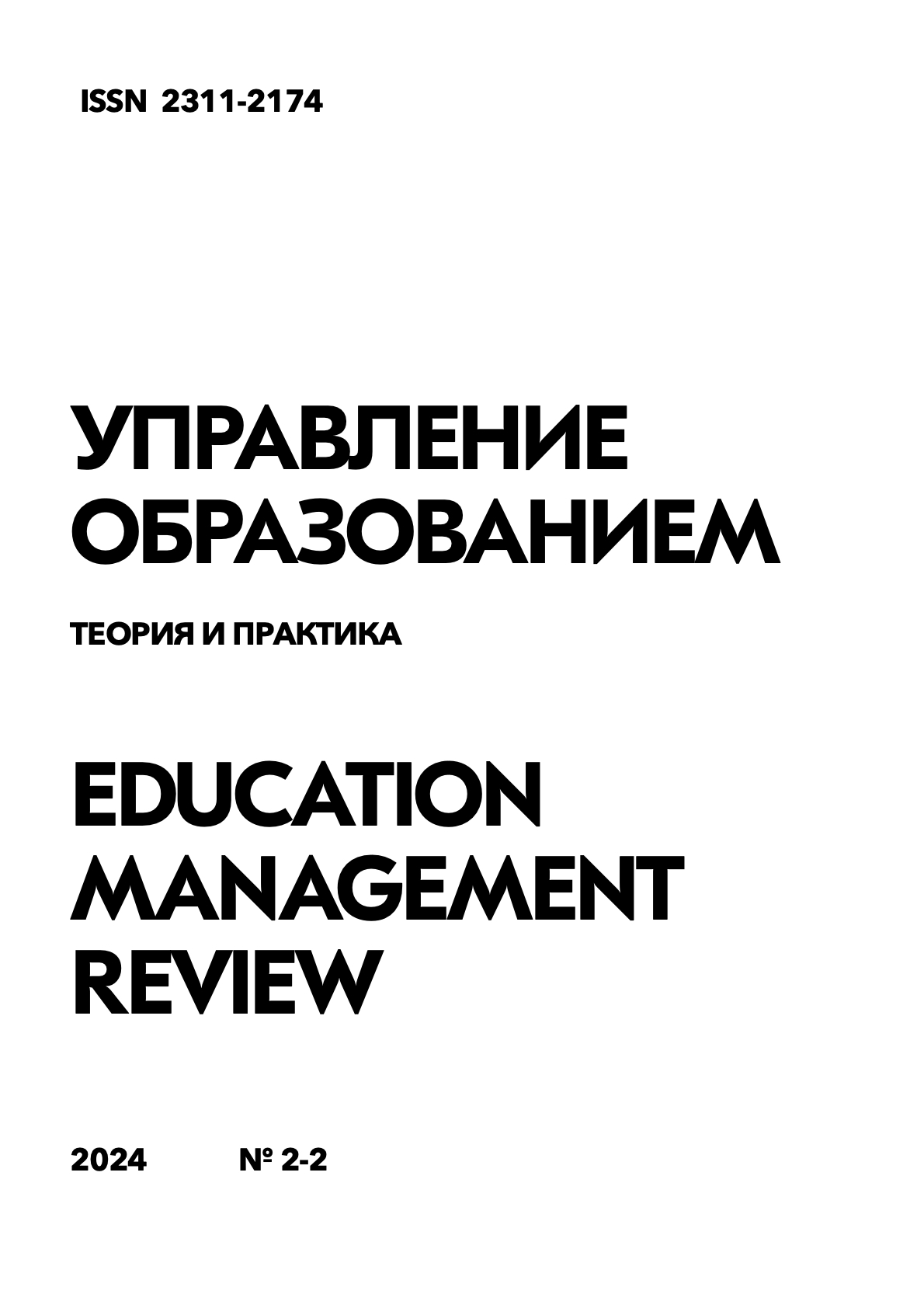Problems and prospects of development of patriotic education in the context of globalization
DOI:
https://doi.org/10.25726/x4582-9644-3014-gKeywords:
patriotic education, globalization, citizenship, national identity, educational innovations, global citizenshipAbstract
In the context of globalization and rapid transformations of the world order, the problems of patriotic education are becoming particularly relevant. The present study is devoted to a comprehensive analysis of the current state, key problems and prospects for the development of patriotic education in the context of globalization processes. The methodological basis of the work was a systematic approach, comparative analysis, sociological surveys and statistical methods. The study revealed that in 78% of the world's countries patriotic education is included in state educational standards, but its effectiveness varies depending on the region: from 62% in European countries to 91% in Asian countries. It was found that the key problems are: insufficient adaptation of patriotic education to the challenges of globalization (noted in 69% of studies), the gap between theory and practice (75%), low level of youth involvement (64%). The analysis of promising areas of development has shown that the greatest potential is the integration of patriotic education with global education (projected increase in efficiency by 27%), widespread introduction of interactive and project-based methods (up to 32%), strengthening the role of civil society institutions (up to 19%). The results obtained can be used to modernize patriotic education systems and develop strategies for its development both at the national and global levels.
References
Асмолов А.Г. Психология личности: культурно-историческое понимание развития человека. М.: Смысл, 2019. 448 с.
Вырщиков А.Н., Кусмарцев М.Б. Патриотическое воспитание молодежи в современном российском обществе: монограф. Волгоград: НП ИПД «Авторское перо», 2006. 172 с.
Глобализация и образование: сб. обз., отв. ред. С.Л. Зарецкая. М.: ИНИОН РАН, 2001. 143 с.
Государственные программы «Патриотическое воспитание граждан Российской Федерации» (2001-2005 гг., 2006-2010 гг., 2011-2015 гг., 2016-2020 гг.).
Гражданственность, патриотизм и культура межнационального общения – российский путь развития. Под ред. И.Ф. Дементьевой. М.: Этносфера, 2009. 368 с.
Данилюк А.Я., Кондаков А.М., Тишков В.А. Концепция духовно-нравственного развития и воспитания гражданина России. М.: Просвещение, 2009. 29 с.
Левкина С.Ю. Патриотическое воспитание молодежи в современных условиях: проблемы и перспективы. // Среднерусский вестник общественных наук. 2011. №2. С.152-156.
Лутовинов В.И. Современный российский патриотизм: сущность, особенности, основные направления // Studia Humanitatis. 2013. № 2. С. 15-28.
Национальная доктрина образования в Российской Федерации№ 751. Утверждена Постановлением Правительства РФ от 04.10.2000.
Новиков С.Г. Воспитание российской молодежи в современных условиях // Образование личности. 2016. № 1. С. 10–16.
Омельченко Е.А. Патриотизм как ценность современной молодежи // Вестник ПАГС. 2015. № 3(48). С. 71-74.
Плешаков В.А. Теория киберсоциализации человека. М.: МПГУ; «Homo Cyberus», 2011. 400 с.
Санина А.Г. Патриотизм и патриотическое воспитание в современной России // Социологические исследования. 2016. № 5. С. 44-53.
Селезнева А.В. Патриотизм в политической культуре современной российской молодежи: опыт социологического исследования // Социология. 2017. №1. С. 104-118.
Ценностные ориентации российской молодежи и реализация государственной молодёжной политики: результаты исследования. Под ред. С.В. Чуева. М.: ГУУ, 2017. 131 с.




